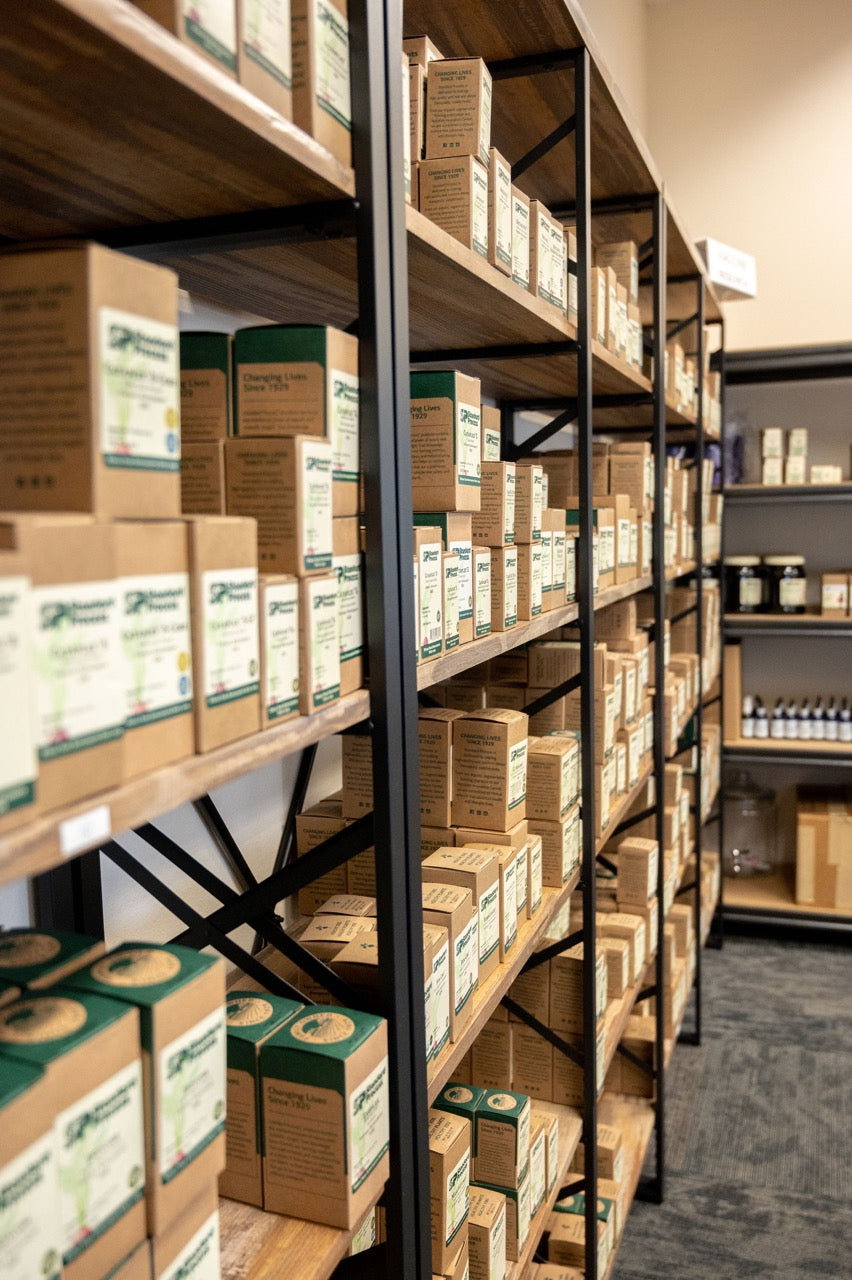Drug Induced Nutrient Depletion
Ever wonder how drug induced diseases develop? Well, all drugs are known to deplete the body of vitamins, minerals or other nutrients. Take for example, statin drugs, the ones that prevent the liver from producing much needed cholesterol. Statins are notorious for creating CoQenzyme10 nutrient deficiency. It may be the metabolic reason why some individuals who take a statin and later develop myopathy (or pain in the muscles).
What Is Iatrogensis?
It’s doctor induced disease. Certain health problems may develop after a surgery or by taking a pharmaceutical and may lead to developing an adverse event, an uninteded consequence. In many cases, it’s temporary and goes away when a medication is stopped. Unfortunately, for some individuals, the adverse event may linger on.
What Is Drug-Induced Disease?
Simply put, it’s an adverse event.Often times, a medical doctor will then prescribe an additional drug to treat that side effect or switch the drug out with one that has similar mechanisms of action.
How Do Drugs Contribute To Health Issues?
Pharmaceutical drugs can affect the nutritional status of patients and contribute to nutrient depletions, even when they are prescribed according to the label instructions.
Did you know? Common medications may deplete the body of vital nutrients that are important to health and wellness? Almost 50% of American adults currently take one prescription pharmaceutical drug, but nearly 20% (and 55% of those over 65) take three or more.
Also, many consumed chemicals requires detoxification, which further utilizes nutrients like antioxidants, vitamins, and minerals. The evidence is now showing us that many common ailments may, in fact, be caused by nutritional deficiencies (1), but treating those ailments with pharmaceuticals could make the problem worse.
For example, certain drugs may:
- Impact the absorption of nutrients in the digestive tract
- Accelerate the metabolism of certain nutrients
- Impact the excretion of nutrients
Understanding the interactions between drugs and nutrients can help to prevent nutrient depletions in patients, as well as some of the negative health outcomes associated with the use of certain pharmaceuticals.
What Do I Do If I Suspect My Drug Is Worsening My Already Poor Nutritional Status?
Always work with your prescribing physician for dosage adjustments. DO NOT stop your medication, because you may develop withdrawal syndrome if your body has developed a dependancy (or is addictated) to the drug. Here is what we recommend you start with
- Work closely with your Functional Nutrition practitioner
- Increase your intake of whole foods
- Decrease, then eliminate refined foods from your diet
- Strive to restore your health so that your medical professional may one day be legally able to take you off your medication
If you are looking for a natural approach to improving your health, it starts with food. Visit the Natural Health Improvement Center of Idaho to book an initial consultation HERE
How do I know if my medication is affecting my nutritional status?
Many over-the-counter and prescription medications have been shown to negatively influence nutrient digestion, absorption, distribution, metabolism, function, catabolism, and excretion, which can lead to depletions and possible related illnesses over time.
When you search on the pubmed.gov website, you’ll see that nearly every drug currently on the market has the confirmed effect to exacerbate a person’s malnourished condition. However, the data is limited to only the “known” nutrients humans have discovered. There are many unknown nutrients that we still don’t know the effects medications may have on.
This chart primarily includes drug-nutrient depletions for which evidence from systematic reviews, meta-analyses, and randomized, double-blind, placebo-controlled, or randomized controlled human trials were available. It also provides whole food formula suggestions on how to reverse it.
Disclaimer
The information provided here on drug and nutrient interaction is intended for educational purposes only. It is not a substitute for professional medical advice, diagnosis, or treatment. Drug-induced nutrient depletion is a framework that can assist in understanding individual physiological tendencies and potential health and nutrition needs. It should not be used to stereotype, judge, or label individuals in any way. Every individual is unique, and this information should be used as a general guide rather than a definitive assessment of one's health or character. Drug-induced nutrient depletion are a simplistic categorization and do not capture the complexity and diversity of human bodies. It's important to remember that many factors contribute to one's health and well-being, including genetics, lifestyle, environment, and personal history. Please consult with a healthcare professional for personalized medical advice. Always seek the advice of your physician or other qualified health provider with any questions you may have regarding a medical condition. Never disregard professional medical advice or delay in seeking it because of something you have read here. Remember, this information is meant to promote understanding and knowledge about drugs and potential nutrient interactions. Respect for individual differences and a holistic approach to health and well-being are paramount.





